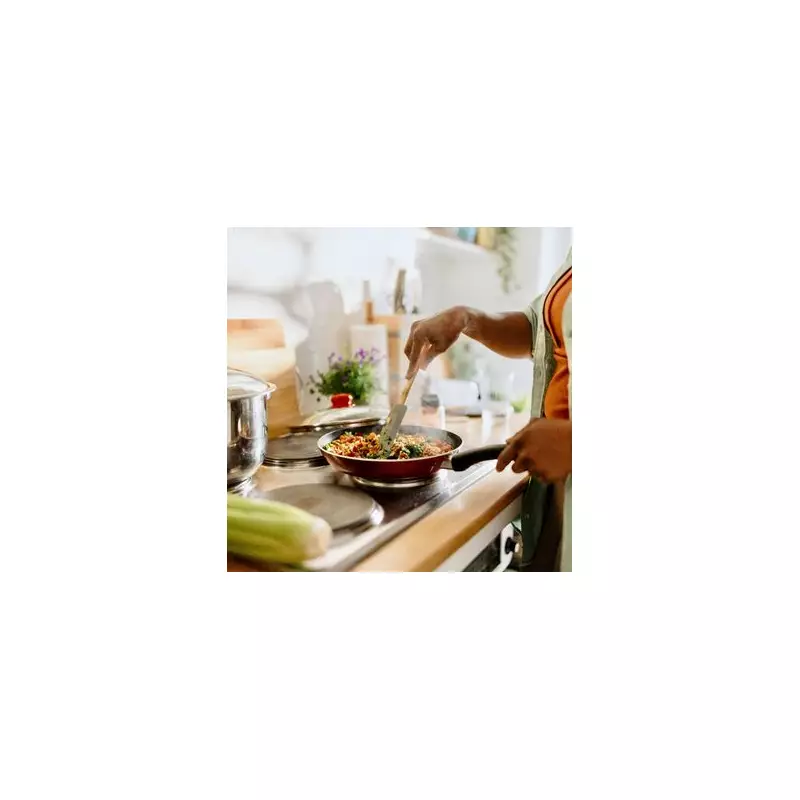
A leading refrigeration expert has unveiled a series of simple yet effective food storage hacks that can dramatically improve the safety and quality of your pre-prepared meals. As meal prepping continues to gain traction across UK households as a method to save time and reduce food waste, understanding the correct procedures is vital to avoid potential health risks.
The Critical Cooling Process
Jamie Cooper, a specialist at Hotpoint, emphasises that the journey to safe leftovers begins the moment cooking finishes. He warns that leaving hot food to stand at room temperature for prolonged periods creates an ideal breeding ground for harmful bacteria, even if the food looks and smells fine.
Foods should be cooled from cooking temperature to room temperature within two hours, then transferred to the fridge or freezer immediately. For larger batches, Jamie advises dividing them into smaller, shallow containers. This allows heat to escape more evenly and helps the food reach a safe temperature much faster.
Smart Storage for Maximum Freshness
When it comes to storage, a little organisation goes a long way. Cooper suggests portioning meals into individual servings immediately. This ensures you only reheat what you need, maintaining the quality of the remaining portions.
He also highlights one of his top tips: labelling containers with dates and contents. "It's a super easy change that makes a huge difference," Jamie explains. "It's simple to forget when a meal was prepared, especially when storing several different dishes. Labels help you rotate meals properly and ensure nothing is consumed past its safe window."
Correctly stored cooked meals will generally last for three to five days in the refrigerator. For longer preservation, freezing can extend their shelf life for several months.
Reheating Without the Risk
"Reheating properly is just as important as storage," Cooper stresses. To eliminate potential pathogens, food must reach a core temperature of 165°F (74°C) before it is consumed. The most reliable way to verify this is by using a food thermometer.
He also issues a crucial warning against repeated reheating. You should only reheat food once. Doing it multiple times can not only degrade the flavour and texture but also significantly increase the risk of foodborne illness.
By implementing these straightforward strategies from a professional, anyone engaged in meal preparation can enjoy greater peace of mind, knowing their food is not only convenient but also safe to eat.






